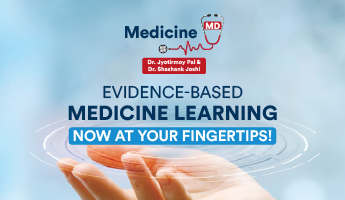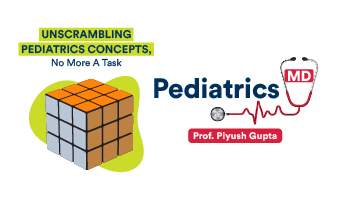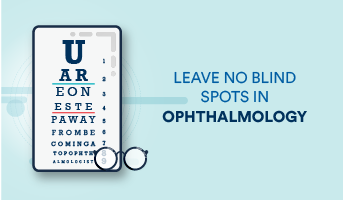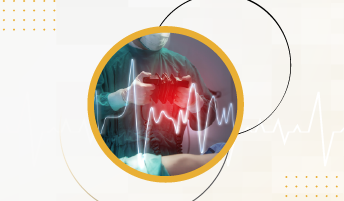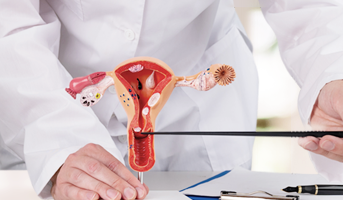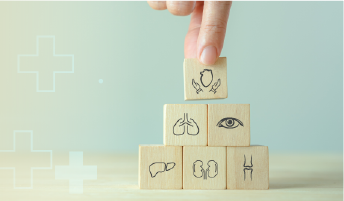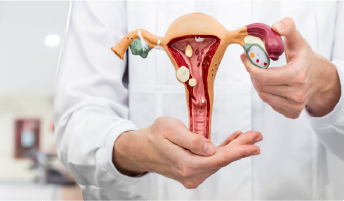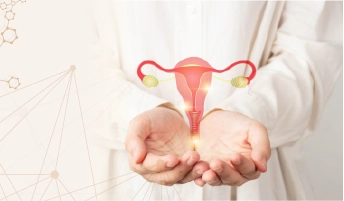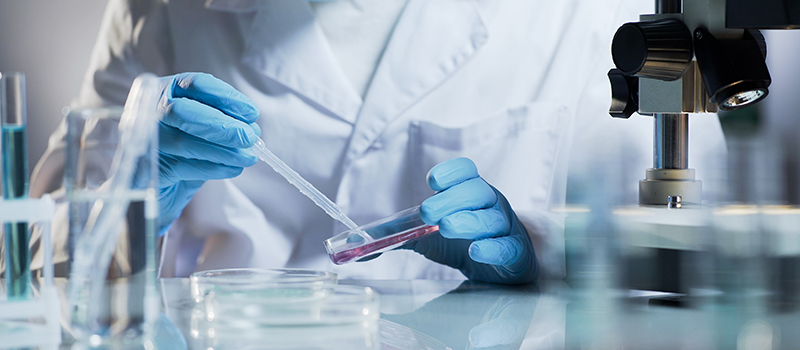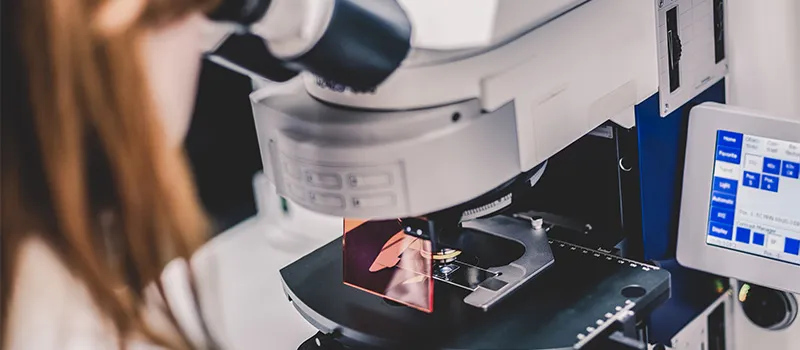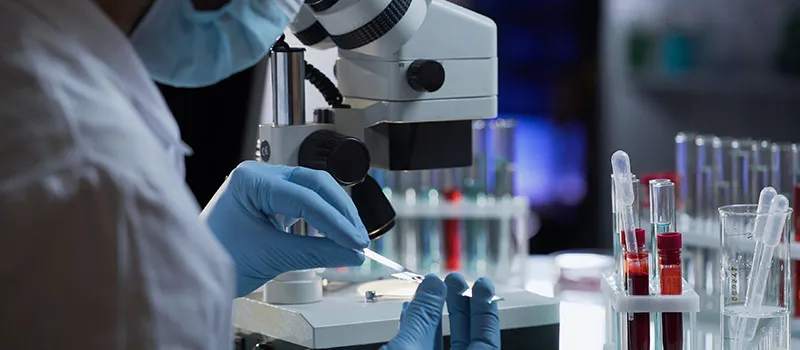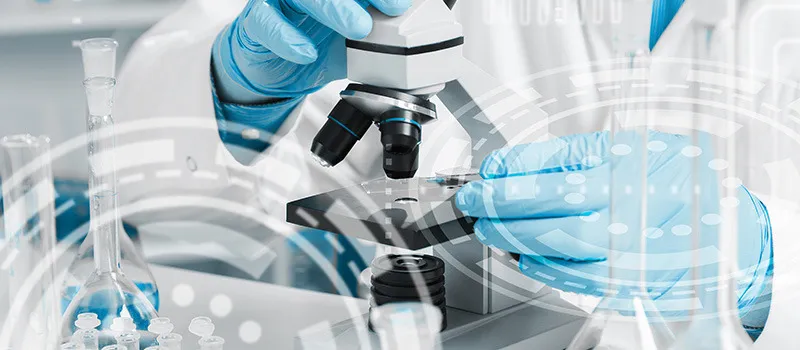

Why Should Students Have a Strong Foundation in Pathology?
Pathology is a branch of medical science that involves the study and examination of the origin and cause of diseases. It facilitates all aspects of patient consideration, from diagnostic testing and treatment advice to using cutting-edge genetic technologies and disease prevention. It is essential to the study of clinical medicine because it serves as a link between many academic disciplines and medicine. By studying Pathology in MBBS, medicos learn how to diagnose the disease or condition including the cause and degree of severity, track the development of the illness, examine the effectiveness of the therapy and manage the patient.
To know the right way to approach pathology in MBBS, Click here.
Why is pathology one of the best fields of study?
The basis for all clinical medicine, including patient care, diagnostic procedures, and treatment strategies, is pathology. To develop potential treatments for diseases, pathologists experiment with cutting-edge technology and carry out a variety of clinical procedures. They make every attempt to develop a more effective method of combating viruses, infections, and other serious health issues. Pathologists play a very crucial role in research, advancing medication, and devising new therapies to battle infections/viruses, contaminations, and infectious diseases.
Some of the fields of Pathology that students can opt for include:
• Clinical Pathology – A clinical pathologist is knowledgeable about the key components of laboratory medicine and various clinical branches. They typically have training in hematology, microbiology, chemical pathology, and many more. A clinical pathologist typically works in a rural town, community hospital, medium-sized medical practice, or other non-metropolitan centers.
• Forensic Pathology – A forensic pathologist’s primary responsibilities include identifying the cause of death and reconstructing the events leading up to it. This is completed in a careful, meticulous manner. The performance of autopsy exams of the internal and external body organs and determining the cause of death is a significant aspect of the function.
• Anatomical Pathology- This area is concerned with disease tissue diagnosis. Anatomical pathologists need to have a thorough knowledge of the pathological and clinical aspects of various diseases.
• General Pathology- A general pathologist typically works in a big rural town, community hospital, medium-sized private practice, or another non-metropolitan setting. They undergo various diagnostic procedures, blood sampling procedures, and various laboratory tasks.
• Chemical Pathology – Another branch of pathology that addresses the full spectrum of disease is chemical pathology. It includes identifying changes in a broad range of chemicals (proteins, electrolytes, and enzymes) in blood and body fluids in connection with numerous disorders.
• Immuno Pathology – Similar to hematology, the discipline of immunology frequently combines clinical work with laboratory medicine (the testing of patient samples, interviewing, examining, and advising patients about clinical problems).
• Microbiology – Diseases due to infectious organisms like bacteria, viruses, fungi, and parasites are the focus of microbiology.
Digital Pathology:
It can speed up the delivery of more accurate diagnostic results while minimizing the impact of human error. The processes used in digital pathology allow it to complete routine tasks more quickly without compromising the quality of the work. Digital pathology is slowly gaining specific support for teaching, tissue-based research, medication development, and the global practice of human pathology throughout the world. Digital pathology is quickly gaining attention. It is an invention devoted to lowering laboratory costs, enhancing operational effectiveness, increasing productivity, and enhancing treatment choices and patient care.
Best way to learn Pathology in MBBS
Refer to Dr. Harsh Mohan’s ‘Textbook of Pathology’
The book includes references as well as the most recent WHO classification of neoplasms and current diagnostic criteria for common diseases. It adheres to a straightforward, clear, replicable, and user-friendly format. Additionally, Prof. Ivan Damjanov generously contributed schematic, gross, and photomicrographs with higher quality and greater resolution to the book. To make it easier for beginners to recognise the structures in the images, each image is labelled. Each topic’s conclusion includes a distinctive eye-catching colour box that summarises the topic’s important themes in bullets for quick review. At the end of each chapter, the book also offers significant review questions (both long-answer types and short-notes on themes) to help the reader get ready and visualise what they will write for the exam.
Enroll in Dr. Harsh Mohan’s Pathology For Undergrads online course
The course is aligned with Dr. Harsh Mohan’s ‘Textbook of Pathology’. The course focuses on the causes, and mechanisms of disease development (pathogenesis), morphologic changes in cell structure, and the effects of these changes (clinical manifestations). The course’s five key features are General Pathology, Hematology, Systemic Pathology, and Clinical Pathology, including Exfoliative Cytology, Body Fluids, and Cytology in Clinical Care. Pathology practicals include gross specimens that are significant from the perspective of an examination.
Check out Dr. Harsh Mohan’s online course – Pathology for UnderGrads
Pathology in MBBS is an exceptionally wide branch, where more than 19 kinds of specializations coexist. Depending upon their specializations, abilities, and interests, pathologists work either in research facilities, clinics, healthcare centers, or pathology centers. Frequently, they give advice and even decide the most ideal treatment in the event of complicated diseases. The pathological reports are a must for better diagnosis and treatment. The reports help specialists to examine the patient, diagnose diseases, and treat them accordingly. Pathologists utilize gross, microscopic, immunologic, genetic, and molecular modalities to determine the presence of disease and work closely with healthcare specialists, radiologists and researchers. They can sub-specialize in various disciples, like gastroenterology, gynecologic pathology, blood sicknesses, clotting disorder, microbiology, lung and breast cancers, and more.

